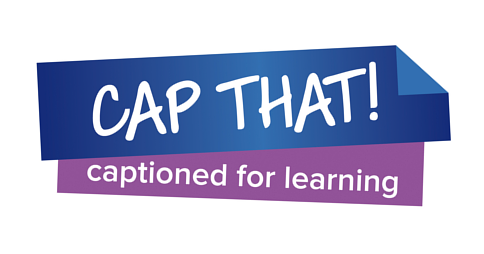Closed captions
ACCAN launches campaign for online caption quality
Call to caption parliament
New accessible gaming resources available
Live captioning bonanza captured by ACMA
Video on demand access builds up
New research looks at caption speed
no
Show on home page

New research into caption speed by the BBC aimed to try and answer the question or see if it is really that important?
Taxonomy:
Top of page


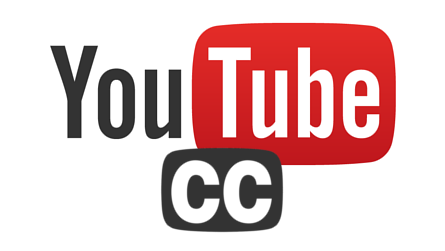
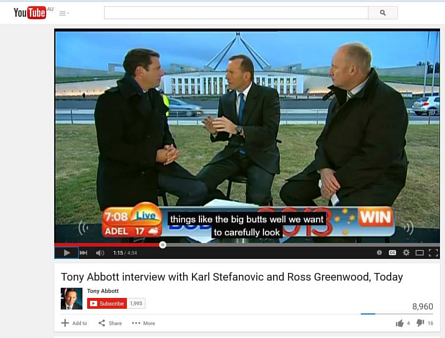
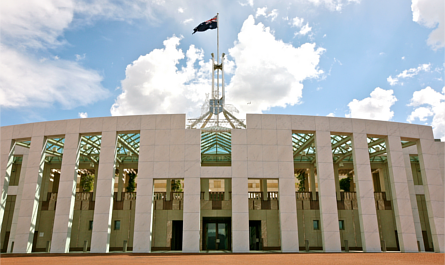

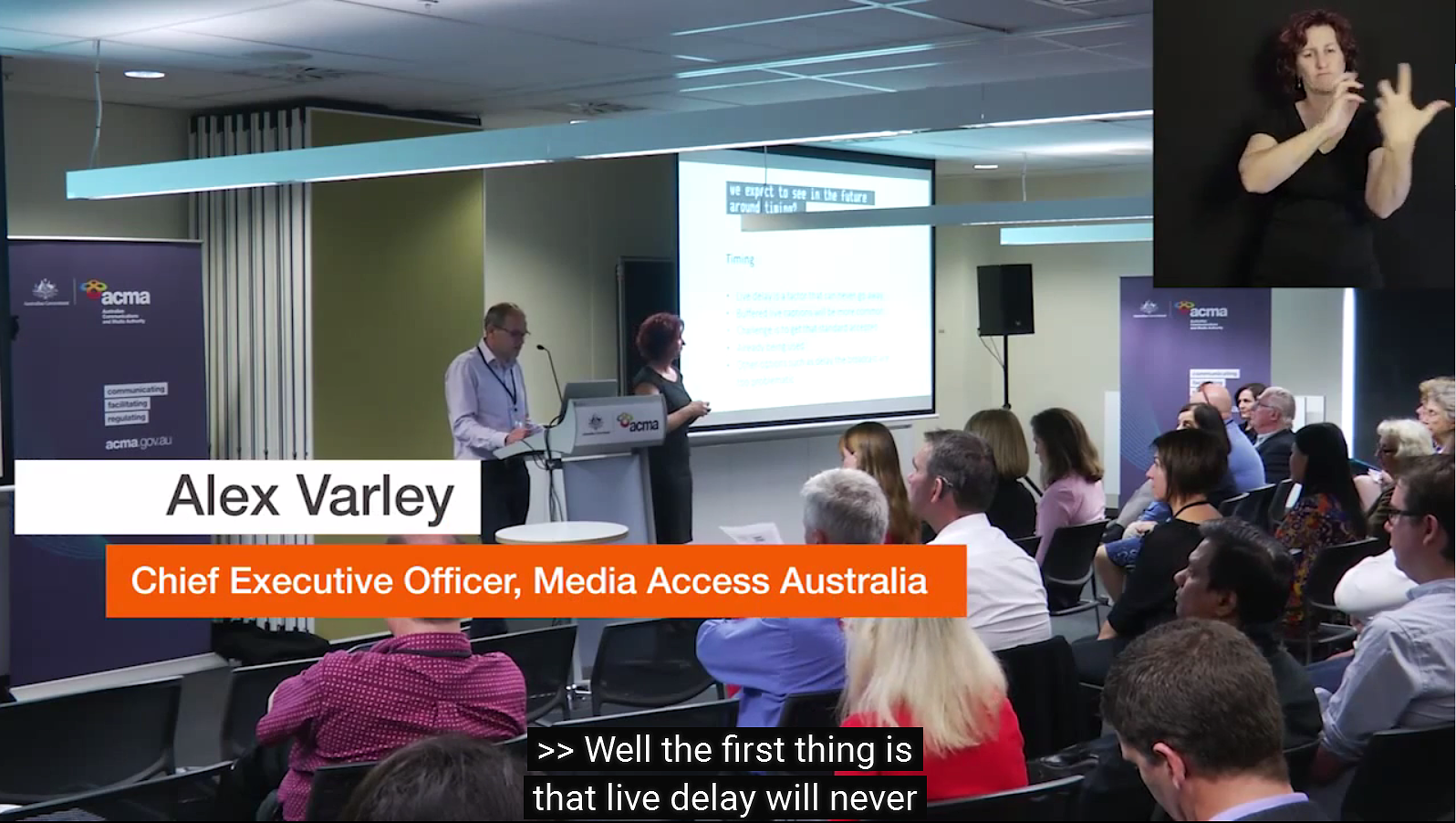

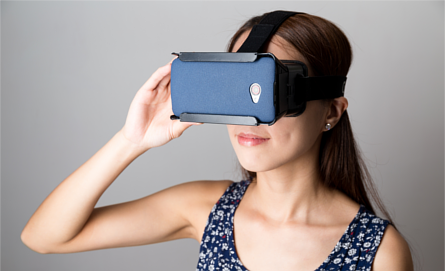
![Live stage performance with a text overlay reading '[#CAPaware] because 10 million people in the UK have hearing loss'. Image credit: Stagetext Live stage performance with a text overlay reading '[#CAPaware] because 10 million people in the UK have hearing loss'. Image credit: Stagetext](/sites/default/files/images/2015_news_images/September_2015/CAPaware.png)
